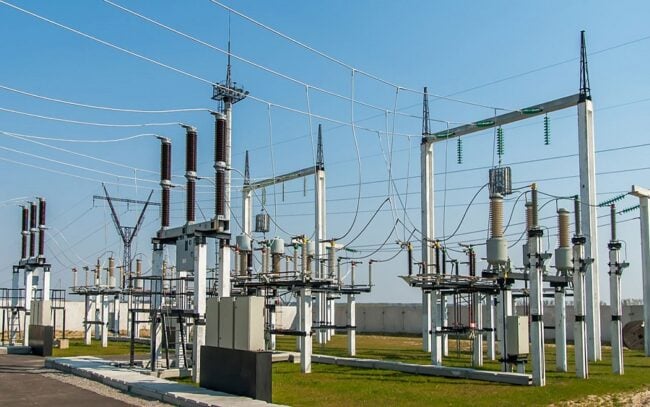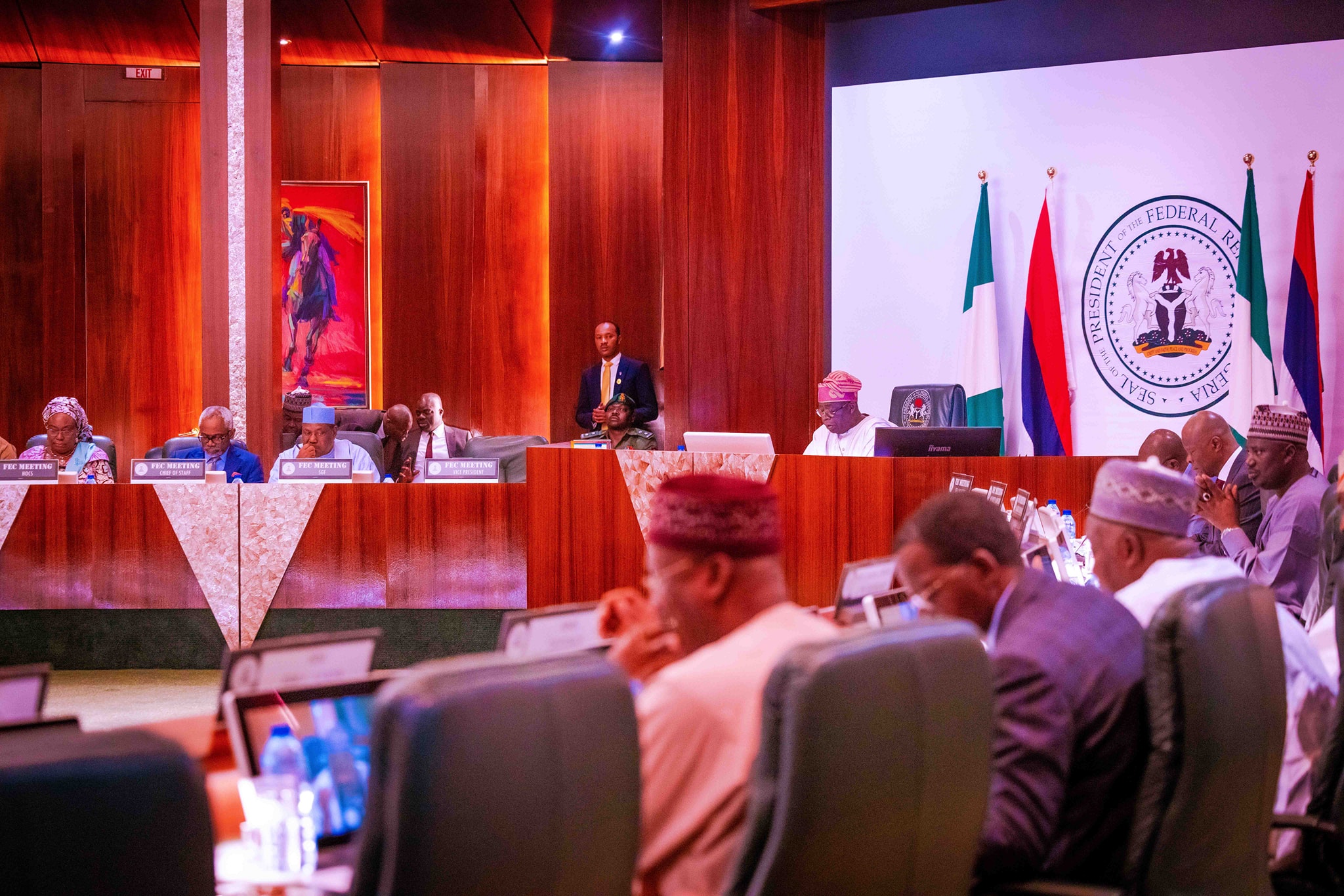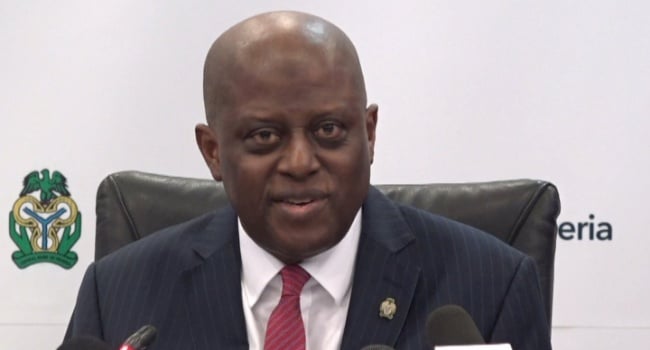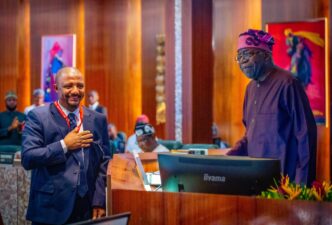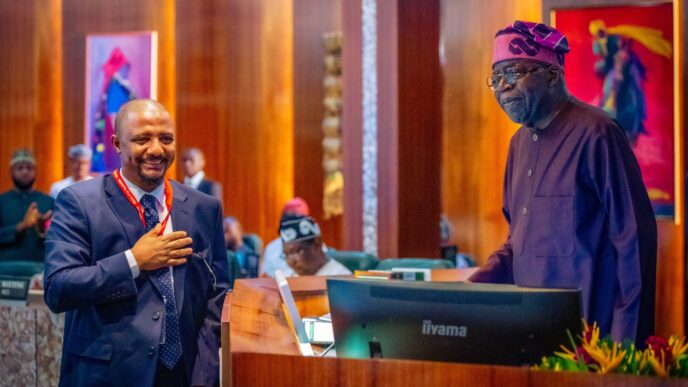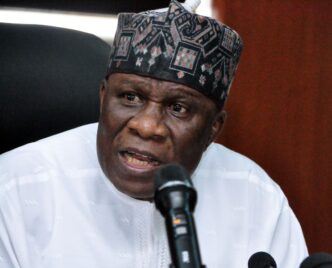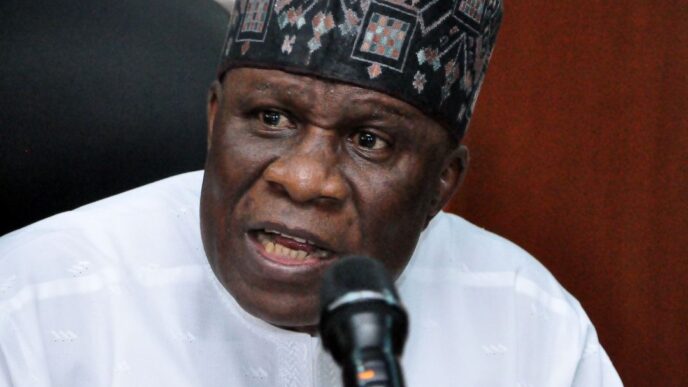The Lagos Chamber of Commerce and Industry (LCCI) has called on the federal government to consider the privatisation of the national grid as part of efforts to address the recurring collapses.
In a statement on Tuesday, Chinyere Almona, director-general (DG) of LCCI, expressed concern over the persistent instability of the grid.
Almona, in the statement titled “Finding a Lasting Solution to the Frequent National Grid Collapse,” said Nigeria has recorded eight grid failures in 2024 alone, three of which occurred within a single week.
She described the national grid’s deteriorating performance as a matter of serious concern for the business community.
Advertisement
“With businesses suffering from the burden of poor power supply, we need quick intervention actions to salvage the situation,” the LCCI DG said.
“We urge the government to consider the privatisation of the national grid and support more efforts to scale up metering in the coming months.
“Currently, the national grid only generates about 4,500MW of electricity for over 200 million people. Meanwhile, South Africa generates about 50,000MW of electricity to service about 59 million people.
Advertisement
“What lessons have we learned from past grid collapses and restoration efforts? By now, after numerous failures, the national grid managers should have identified the root causes and found lasting solutions.
“It is concerning that there appears to be no clear understanding of these causes or lessons learned from the restoration processes.
“After about 105 collapses in 10 years, power sector stakeholders should know what drives these recurring failures and how to prevent them.
“We are troubled by the apparent lack of such understanding among regulators in the power sector.”
Advertisement
She urged the government to remain committed to ongoing power sector reforms, particularly in meeting metering targets.
The LCCI DG cited a recent report from the Nigeria Electricity Regulatory Commission (NERC) indicating a significant drop in meter installation by electricity distribution companies (DisCos), with installations decreasing by 60.86 percent in the second quarter (Q2) of 2024.
“The report further said only 49,188 meters were installed during the period, making a 60.86 per cent decline from the 125,664 meters installed in the first quarter,” Almona added.
“We urge the government to stay on course with the reforms in the power sector, especially the metering targets that were earlier set.
Advertisement
“We call on NERC to create a conducive regulatory environment for the Electricity Distribution Companies (DisCos) to utilise a mix of all the meter financing frameworks outlined in the 2021 Meter Asset Provider (MAP) and National Mass Metering Programme (NMMP).”
‘STABLE NATIONAL GRID WILL LOWER COST OF PRODUCTION FOR BUSINESSES’
Advertisement
Almona highlighted the potential economic benefits of a stable national grid, including reduced production costs for businesses, enhanced competitiveness of Nigerian products in international markets, and increased foreign exchange earnings from electricity exports to neighboring countries.
“The 2023 Annual Report of NERC showed that international bilateral customers from countries, such as Niger, Benin, and Togo, made a total payment of $50.36 million to the Nigerian Electricity Supply Industry (NESI) for electricity distribution in 2023,” she said.
Advertisement
While acknowledging ongoing reforms in the power sector, the LCCI DG urged the government to accelerate its efforts to bring about lasting improvements.
According to Almona, to resolve the ongoing issues of poor power supply and frequent national grid collapses, the government should establish a conducive regulatory framework.
Advertisement
She also suggested providing concessionary credit to operators in the sector, granting import waivers, and partnering with the private sector in both policy formulation and implementation.
The national grid has collapsed eight times in 2024, with the first recorded on February 4.
Nigerians experienced another system failure at the grid on March 28, April 15, July 6, and August 5.
The national grid collapsed again on October 14, October 15, and October 19.
Addressing the situation, Adebayo Adelabu, minister of power, said the frequent system failure at the national grid is inevitable due to the outdated infrastructure.
Adelabu said more investment in power infrastructure will prevent future collapses.
However, the NERC will conduct a public hearing on October 24 over the frequent national grid failures.
The commission said the public hearing will focus on critical issues relating to the Nigerian Electricity Supply Industry (NESI).
Also, the federal government has set up a forensic investigative committee to address the incessant grid collapses.
Add a comment
